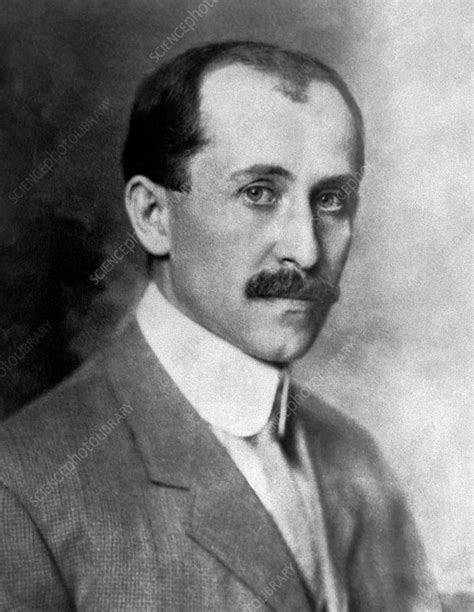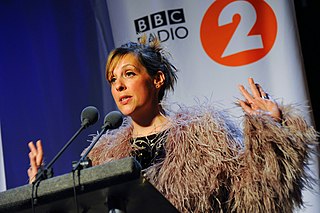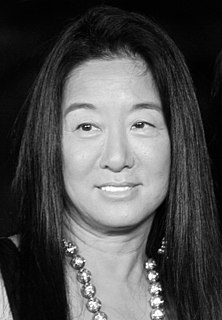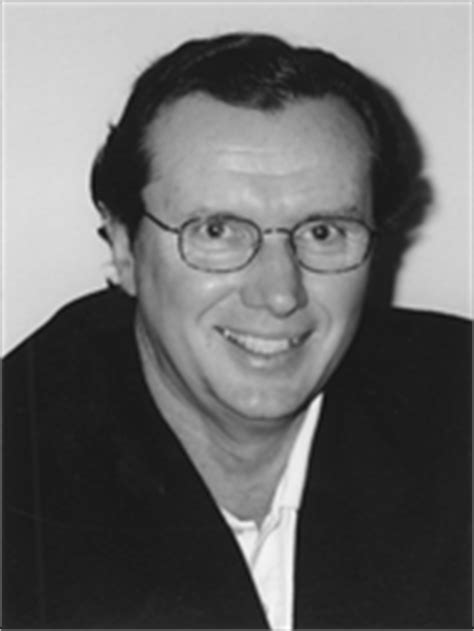A Quote by George Dennison Prentice
A pin has as much head as some authors and a good deal more point.
Related Quotes
It is not, truly speaking, the labour that is divided; but the men: divided into mere segments of men - broken into small fragments and crumbs of life, so that all the little piece of intelligence that is left in a man is not enough to make a pin, or a nail, but exhausts itself in making the point of a pin or the head of a nail.
One and all
We lend an ear-nay, Science takes thereto-
Encourages the meanest who has racked
Nature until he gains from her some fact,
To state what truth is from his point of view,
Mere pin-point though it be: since many such
Conduce to make a whole, she bids our friend
Come forward unabashed and haply lend
His little life-experience to our much
Of modern knowledge.
I think a diversity of expression can only be good, so I think the more that people write about their experience, use their imagination to deal with their experience, you know, I think that's going to be good for not only for those authors but also for people who are interested in trying to understand it.
I do not consciously reclaim. I am not those "some readers" and so I think it would be impossible for me to see my work that way, as reclaiming a preserve. I write in a way that is aimed at all levels - conscious and unconscious - at pleasing the kind of reader I am. Some of the authors I read are male, some are female, and some are even in between. And speaking of in between, maybe now is as good a moment as any to point out that there might be no "feminine" or "masculine" literary sensibility, or sensibility generally.
It is certain that there may be extraordinary mental activity with an extremely small absolute mass of nervous matter: thus the wonderfully diversified instincts, mental powers, and affections of ants are notorious, yet their cerebral ganglia are not so large as the quarter of a small pin's head. Under this point of view, the brain of an ant is one of the most marvelous atoms of matter in the world, perhaps more so than the brain of a man.




































